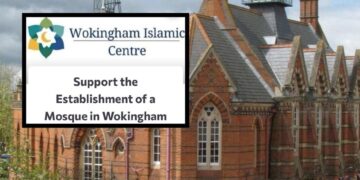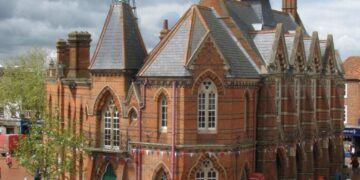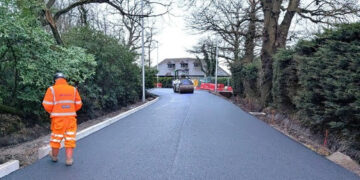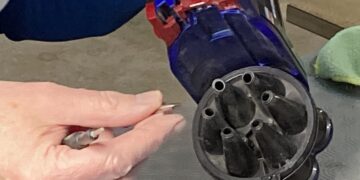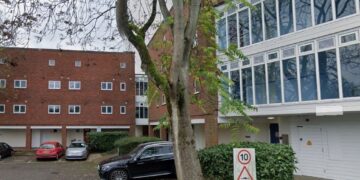AN INVASIVE species of plant has been spotted in Wokingham, raising concerns about its impact on the borough.
Japanese knotweed removal vans were seen on Warren House Road yesterday. And this morning, excavation equipment was being unloaded.
The site is east of the Thames Water Sewage Treatment Works, next to the land where Barratt David Wilson Homes is building 153 properties.
Classified as controlled waste, it is an offence to cause the plant to grow in the wild under the Wildlife and Countryside Act 1981.
If untreated, it can cause serious structural damage to homes and their foundations.
Andrew Waters spotted a treatment van along the Wokingham road yesterday.
He told Wokingham.Today: “This has the potential for quite a serious environmental problem.”
He was concerned that if the plant is established in the area, it could have an impact on future housebuilding.
“It now brings the question, should we be building on land infested with Japanese knotweed,” he said.
Anyone disposing of the invasive plant could be fined up to £5,000 or be sent to prison for up to two years if they allow contaminated soil or plant material from waste transferred to spread into the wild.
A spokesperson for David Wilson Homes said a small amount of the plant was identified.
“We have appointed a specialist contractor to remove the plant and ensure that it is disposed of in the approved and legal way,” they said.
“Once the work has been carried out and the knotweed is removed, we will be issued with an insurance backed guarantee to ensure it does not return and therefore will not impact future homeowners at the development.”

